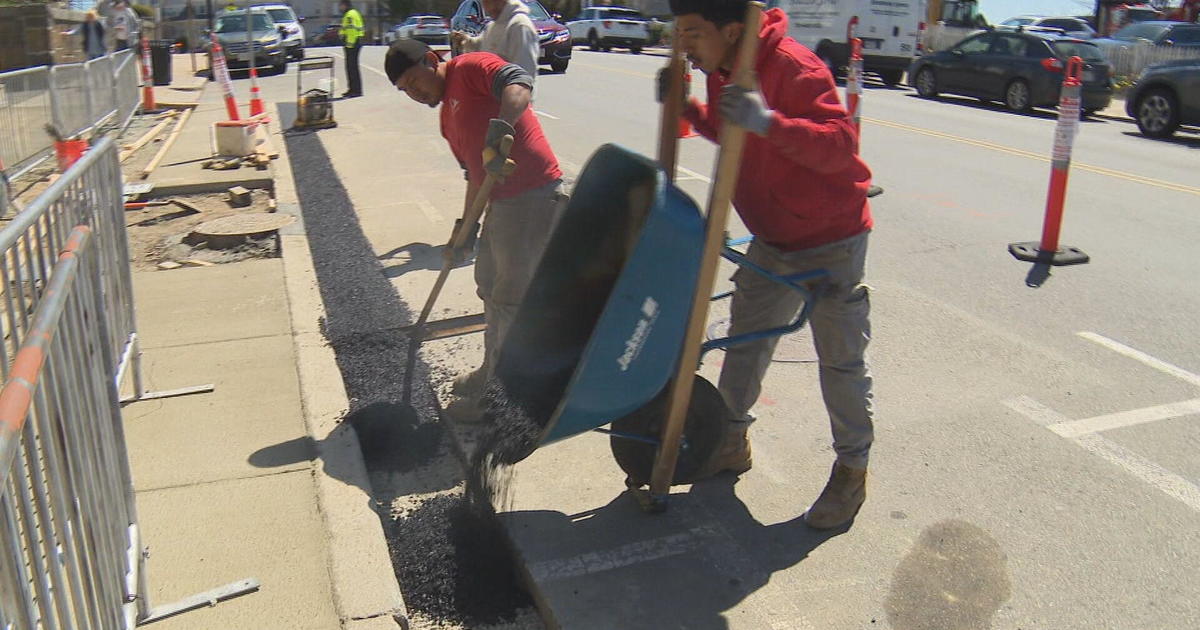UMass Medical Using 'Virtual Anatomy' To Teach Students
BOSTON (CBS) --- Human anatomy is one of the first courses a student has to take in medical school to study the body's organs, nerves, vessels and more.
Human cadavers have always been used for this purpose and probably always will be but UMass Medical School now has a new, high-tech tool at their disposal which is giving doctors a view into the body like never before.
Third year medical students Scott Pascal and Pamela Lu are getting a lesson on human anatomy, but instead of dissecting a cadaver, they're viewing the deep layers of the human body using this virtual anatomy table.
"Going through anatomy, when you move from structure-to-structure, you often have to remove things and peel back things and when you get to the end of the block you want to go back to things you learned in the beginning. This would be amazing for that," Lu said.
"It's full size and life-size and can do a lot of manipulation that other software can't do," Pascal said.
UMass is one of the first medical schools in New England to acquire one of these tablets. The technology cost them about $80,000.
It's like a gigantic computer tablet that allows users to take two-dimensional digital information and convert it into three-dimensional life-size models that can be flipped, rotated, dissected and spliced.
"For residency teaching, this is ideal," said Anne Gilroy, a professor of anatomy at UMass Medical School.
Gilroy says this technology will allow doctors in training not only to study disease states that they will see frequently but also see cases they may never see but need to know about.
Surgeons can use it to map out exactly where they need to operate.
"Surgeons can take one of their patient's CT scans, load it onto the table, look at the pathology, look at it in several views, decide on a treatment plan based on the anatomy they've seen and after the case, do a post surgical review that can be used as a teaching tool for their residents."
And for patients, the technology can help them learn about their own condition and perhaps alleviate some of the fear.
Another interesting use for the technology is custom-designed medical devices. A patient's scans can be exported to engineers who can build a graft or implant that is tailor-made for that particular patient based on their dimensions.



